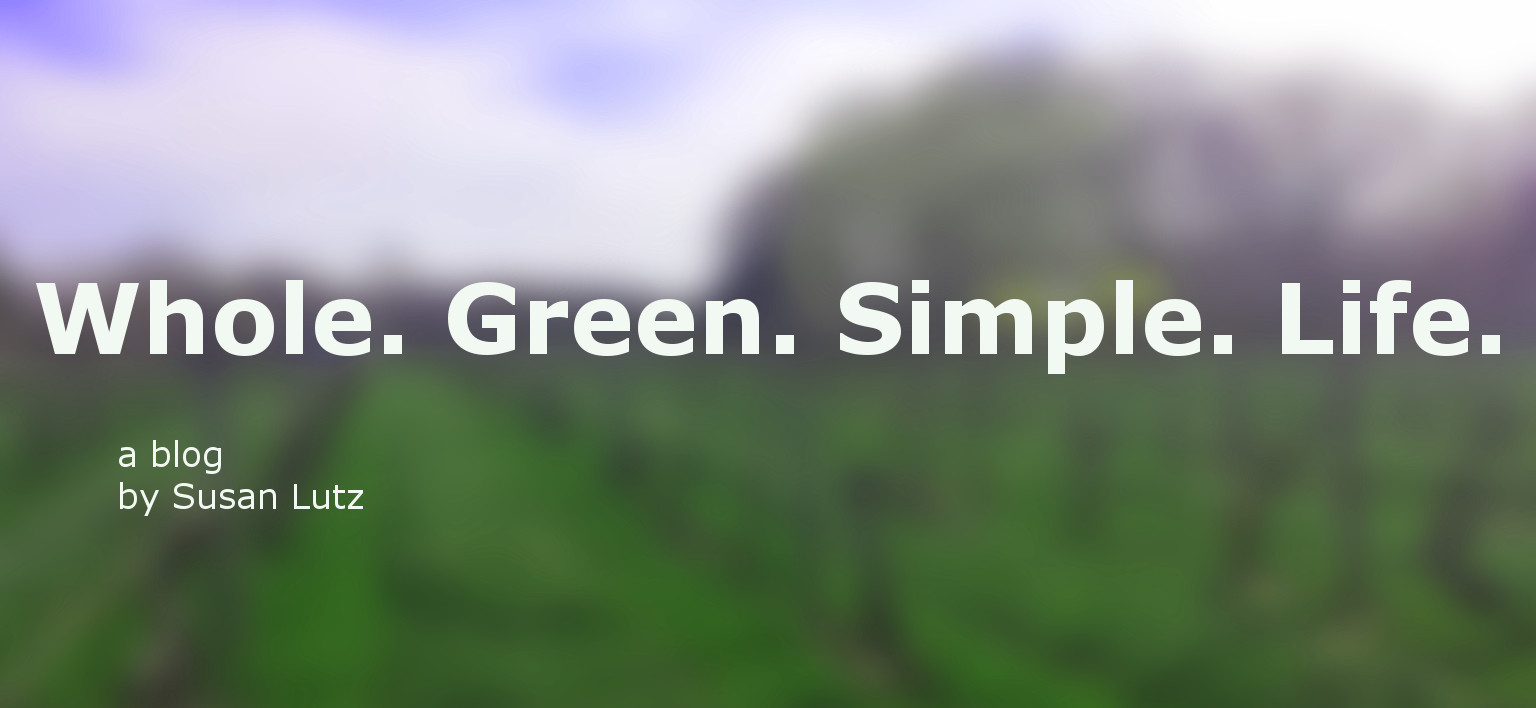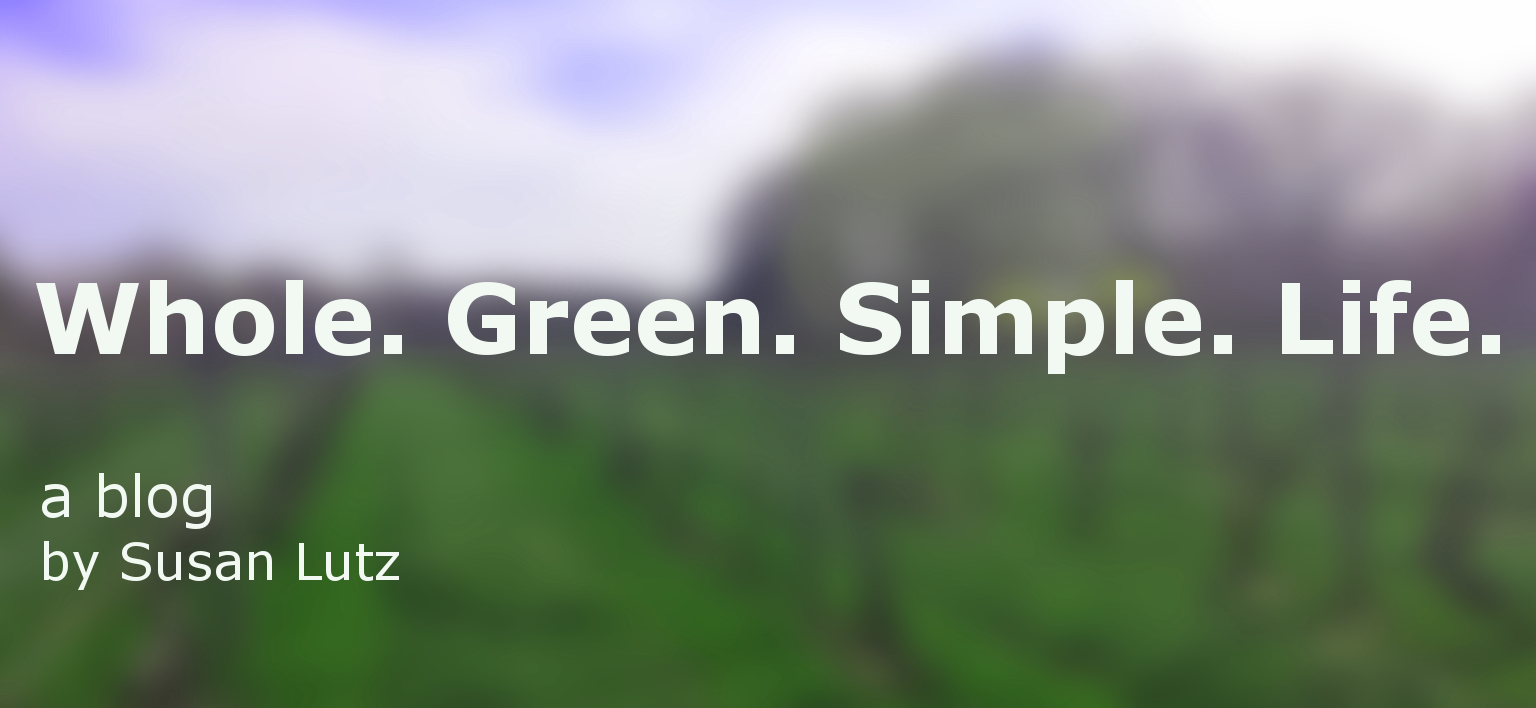There is some interesting history about hemp, for instance, did you know that George Washington grew hemp? Washington’s initial interest in hemp was as a cash crop, but he decided to grow it to meet the needs of his own plantation. Hemp was used at Mount Vernon for rope, thread for sewing sacks, canvas, and for repairing the seine nets used at the fisheries. Fast forward to current times and there are more good facts about hemp. According to the NIH National Library of Medicine, almost the whole body of the hemp plant has a wide array of utility: industrial production of food, fiber, and construction materials. In view of environmental sustainability, hemp requires less pesticides or water in cultivation compared to cotton, and is a representative fiber plant. Hemp has received a lot of attention because of its multipurpose usability, short production cycle, and low capital demand in cultivation, possibility as a carbon-negative material. From a medicinal standpoint Cannabis can be used to help reduce pain, and as of April 2024, recreational marijuana is legal in 24 states, which is almost half of the country.
On any given city block, on any given day in NYC, the odds of getting a contact high from the drifting winds of cannabis smoke is practically a given. For decades people moved the government to legalize weed. It was an uphill battle which eventually was won. Cannabis is the second-most commonly used recreational drug in NYC, after alcohol. On March 31, 2021, New York State legalized adult-use cannabis in recreational form by passing the Marijuana Regulation & Taxation Act (MRTA). The legislation created a new Office of Cannabis Management (OCM) governed by a Cannabis Control Board to oversee and implement the law. I am not sure if there was dancing in the streets, but the gongs chimed as the bongs the filled the air with that unique smell which would take you to higher ground.
A stanza of Aurora HighDreamer’s poem Serenade of the Green “Euphoria” says it best:
So let the cannabis linger, like a soft and whispered song,
In the canvas of your being, where sensations dance along.
A symphony in the lungs, an ode to the sublime,
In the poetry of being high, where moments endlessly chime.
On this episode of TMSOG podcast we discuss the culture of cannabis, it’s use for reducing pain and how it relates to the environment with Rusti Wolintz, who is my BFF and Tush Twin. Rusti (Paula) and I worked together for many years running B.T. Puppy Records and working with The Tokens, of Lion Sleeps Tonight fame. We put together the Guinness World Record 1998 anthem tour in which The Tokens sang the national anthem in 30 major league baseball parks in one summer. We currently do a podcast/YouTube program called Tush Twins, which is a hoot, and runs on Malcolmpresents.com. Rusti is a real estate agent in NJ and also knows a thing or two about the Cannabis industry, and she gives us some great info and insight into edibles, industrial use hemp and cannabis pharmacies, Bong Appetit and much more. We also play a tune by Mitch Margo called Free the Weed https://mitchmargo.bandcamp.com/track/free-the-weed For more info on cannabis visit NORML.org and Leafly.com
To listen to past TMSOG shows go to HudsonRiverRadio.com and Malcolmpresents.com. Follow The Many Shades of Green on Facebook, Instagram and Threads @tmshadesofgreen. Listen to TMSOG podcasts on all major podcast apps. #RaiseYourEcoConsciousness
TMSOG is proud to be on Feedspot’s list of the 50 Best Environmental Podcasts to follow in 2024: https://podcasts.feedspot.com/environmental_podcasts/


